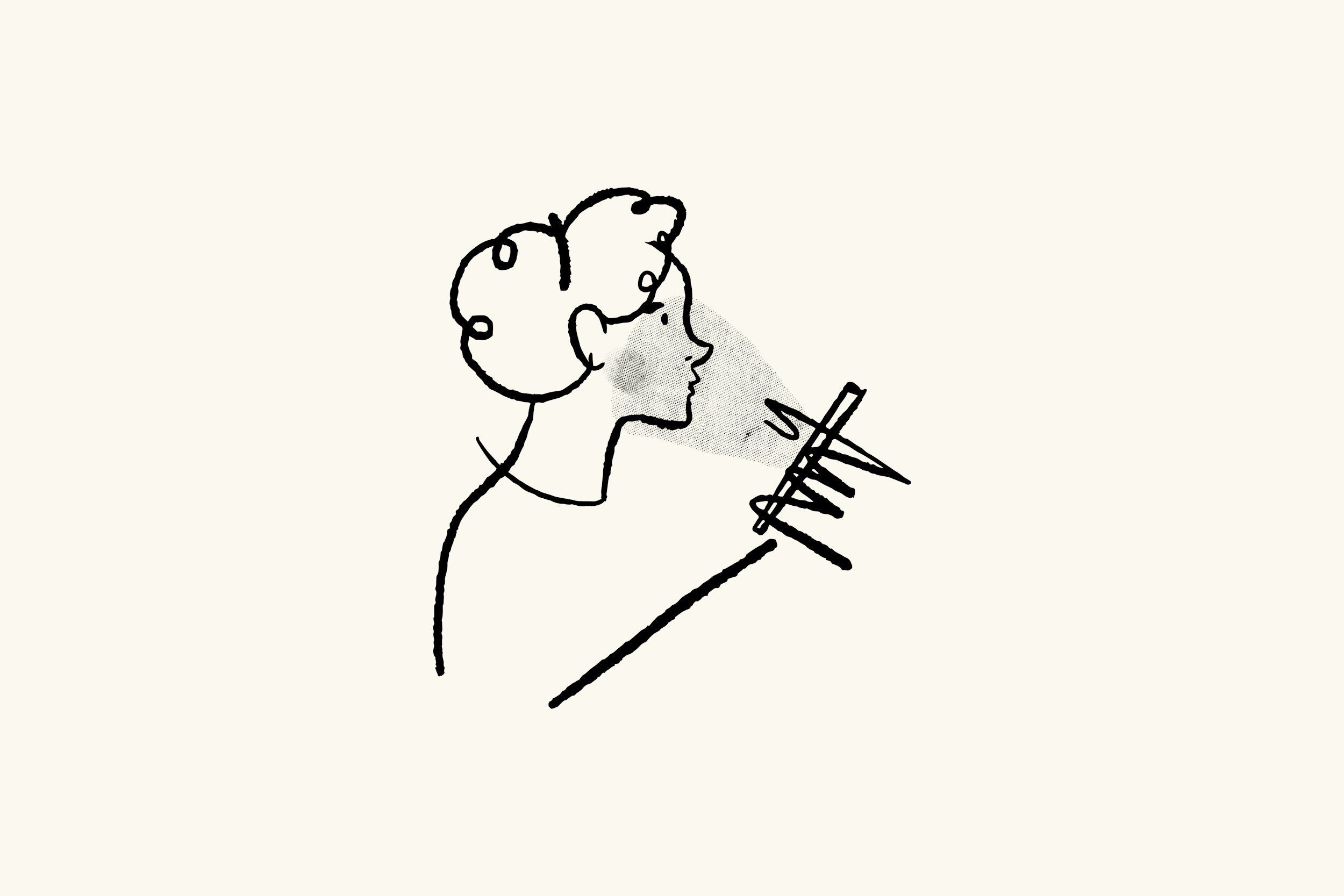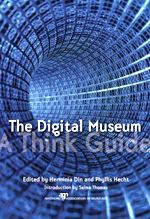While I know how much you love reading posts from the Technology in the Arts team, we decided to expand and deepen the dialogue around technology and the arts by inviting colleagues from the arts administration field to share their technology-related thoughts, tips, and discoveries as spotlight bloggers.
To kick things off, we are delighted to introduce this month's spotlight blogger -- Matthew Deleget. In his capacity as the Managing Officer of the Information and Research Department at the New York Foundation for the Arts (NYFA), Matthew oversees all of NYFA's information programs, including the NYFA Web site, online classified listings, online artist gallery, biweekly arts magazine, and NYFA Source - the nation's most comprehensive database of programs for artists.
You may remember Matthew from the session he presented at the 2006 Technology in the Arts Conference on "Redefining an Artist Community via the Web," where he discussed MINUS SPACE, an online curatorial/critical project he co-founded with Rossana Martinez to present reductive, concept-based art by international artists.
In addition to his work as an arts administrator, Matthew is a working visual artist who has exhibited his work both nationally and internationally. He has received awards from the American Academy of Arts & Letters as well as the Brooklyn Arts Council. In 2004, he was elected to membership with the American Abstract Artists, and in 2005, to the Artists Advisory Committee of the Marie Walsh Sharp Art Foundation. His work has been reviewed in Flash Art Magazine, Artnet Magazine, The New York Times, The Philadelphia Inquirer, Basler Zeitung, and New York Arts Magazine. His work is included in the collections of the Saint Louis Art Museum, Fidelity Investments, Brown Rudnick and Pratt Institute, and others.
Please, join us in welcoming Matthew to the Technology in the Arts blog!








 Recently, the American Association of Museums published
Recently, the American Association of Museums published 